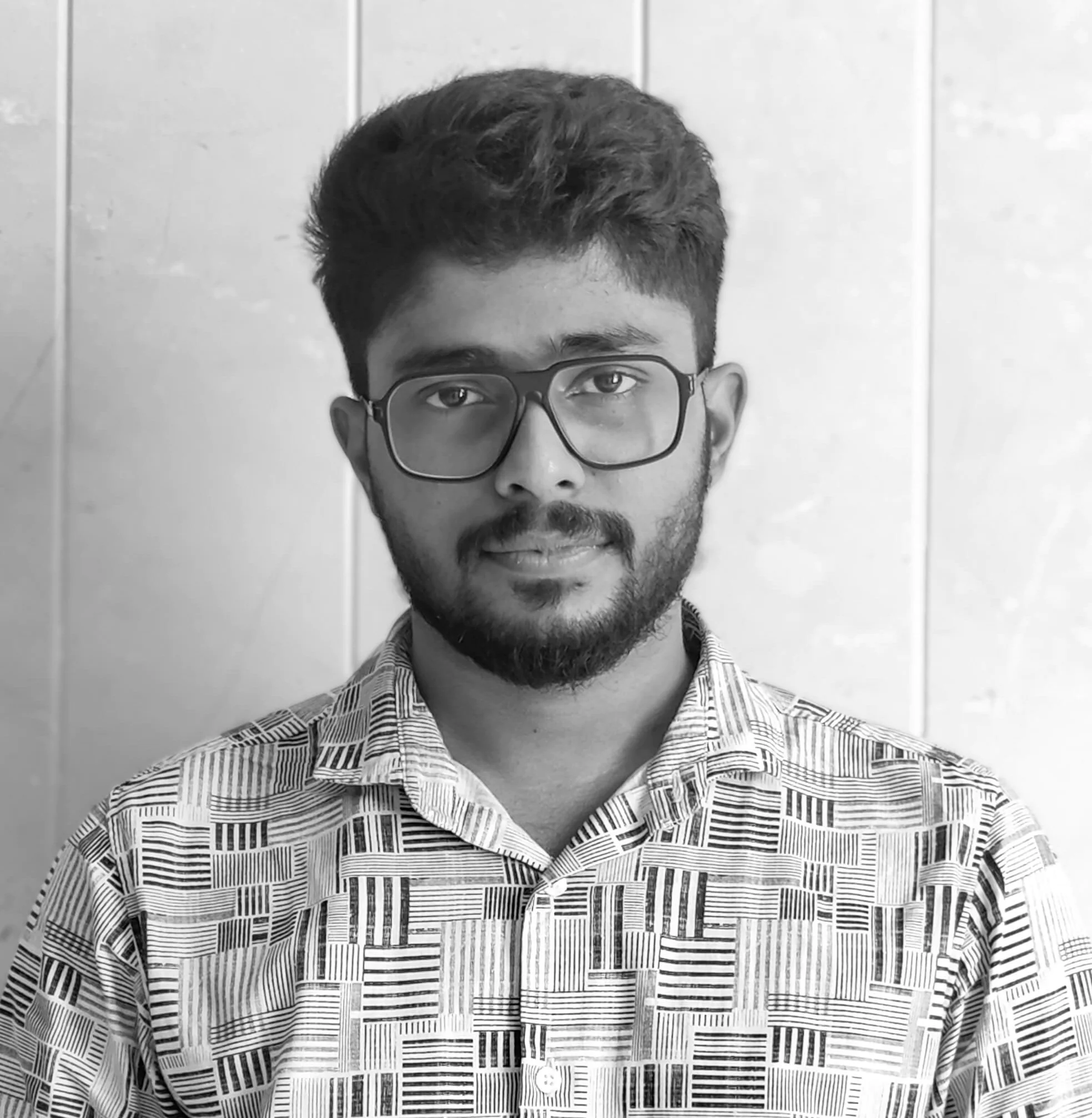Trisomy 21 another name for Down syndrome is a genetic disorder that impacts millions of people worldwide. It bears the name of British surgeon John Langdon Down, who initially identified the illness in 1866. An additional copy of chromosome 21 causes developmental and intellectual difficulties as well as distinctive talents and traits in people with Down syndrome. The causes, characteristics, difficulties, strengths, and developments in the care of people with Down syndrome will all be covered in detail in this article.
The most prevalent chromosomal abnormality in humans, trisomy 21, affects about 350,000 individuals in the United States and roughly 5,000 newborns annually.
Causes and Genetics for Down Syndrome
A genetic abnormality during conception results in an extra copy of chromosome 21 which causes Down syndrome. This extra genetic material alters normal development and causes the physical and mental variations linked to the syndrome. It’s crucial to understand that Down syndrome is almost often a chance event; it is not caused by anything a parent did or did not do during pregnancy.
As a kid with Down syndrome gets older, he has a higher chance of developing various health issues, including
- Congenital heart disease
- Gastrointestinal abnormalities
- Musculoskeletal and movement problems
- Spine disorders such as scoliosis, kyphosis or lordosis
- Endocrinologic disorders
- Epilepsy
- Hearing loss
- Speech apraxia (difficulty making speech sounds)
- Sleep disorders
- Feeding disorders
- Developmental disabilities (learning disabilities, intellectual disabilities and autism)
Source: https://www.chop.edu/conditions-diseases/trisomy-21-down-syndrome
Characteristics
Some physical characteristics, such as almond-shaped eyes, a flat facial profile, a tiny nose, and a short neck, are frequently shared by people with Down syndrome. Additionally, they may experience cognitive deficits that might hinder learning and speech development as well as a mild to severe developmental delay. But it’s important to keep in mind that every person with Down syndrome is different, and the severity of these traits can vary greatly.
FDA approved the initiatory oral pill treatment for Postpartum Depression (PPD)
Life & Challenges for Down Syndrome affected individuals
There are several difficulties associated with having Down syndrome, for both the affected people and their families. To assist children’s development, early intervention and specialised schooling are frequently required. Numerous people with Down syndrome also have underlying medical concerns that need continuing medical care, such as thyroid problems, hearing loss, and heart anomalies. Furthermore, because of the stigma and misunderstandings surrounding their illness, people with Down syndrome may experience social difficulties.
Even though people with Down syndrome face certain difficulties, it’s crucial to emphasise their strengths and particular characteristics. People who have Down syndrome frequently display amazing levels of kindness, sensitivity, and honesty. They may serve as an example to people around them by finding delight in the little things. In addition, a lot of people with Down syndrome have interests and abilities that they work hard and enthusiastically to pursue. These assets help create a lively, diversified community that enriches the social fabric.
Support
Significant advancements have been achieved in the knowledge and support of people with Down syndrome during the past few decades. Many people’s quality of life has increased because of early intervention programmes, inclusive education, and improvements in medical treatment. The understanding of and acceptance of persons with Down syndrome have increased as a result of advocacy activities in communities all around the world. The development of assistive technology has also improved the ability of people with Down syndrome to learn, communicate, and express themselves.
Awareness
In order to create a society where people with Down syndrome may thrive, inclusion and awareness campaigns must be promoted. It’s critical to dispel prejudices and promote equality in access to social, economic, and educational opportunities. By honouring the contributions and accomplishments of people with Down syndrome, we can promote a more accepting culture that celebrates difference and sees the potential in every person.
References: www.cdc.gov, www.chop.edu
Graduated from the University of Kerala with B.Sc. Botany and Biotechnology. M.Sc. Biotechnology from the University of Kerala. Attended certificate course in Artificial Intelligence for Everyone from Deeplearning.AI, Influenza Prevention and Control from World Health Organization. Attended workshops related to Bioinformatics at the University of Kerala. 3 years of experience in website management. Experience in WordPress, Blogger, Google Analytics, and Google Search Console.






